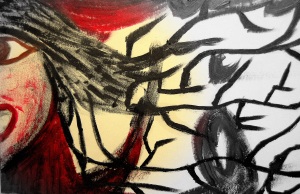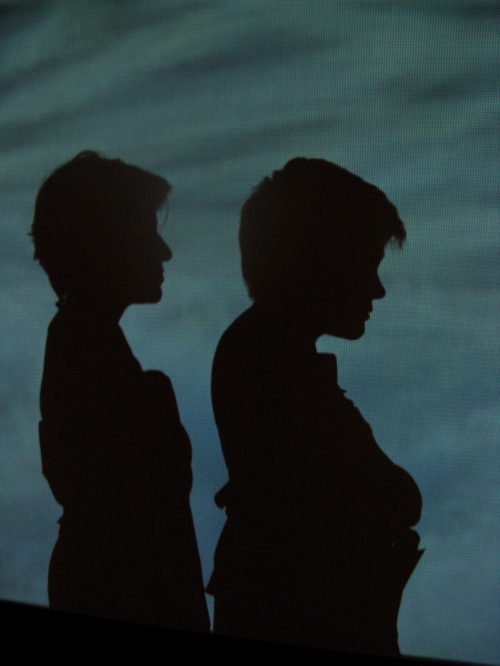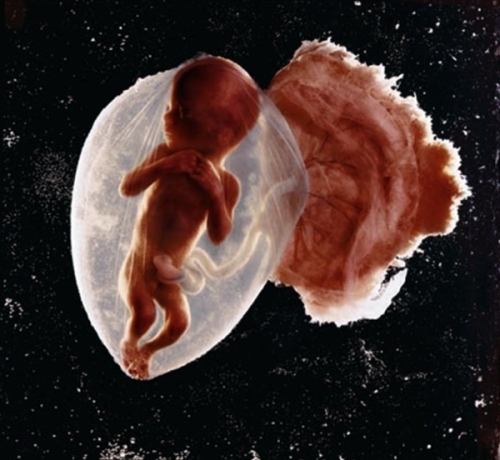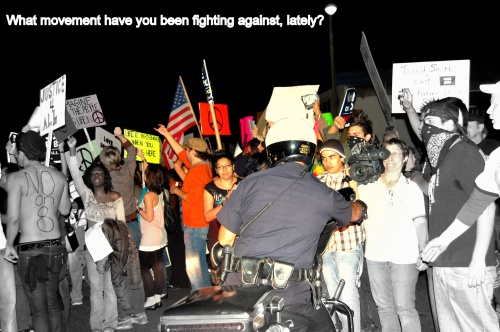Spoken Word: not a poem but words to speak with passion and performance.
I will forever be a child artist—
immature, hopeful for progression
but juvenile and talent-less.
But at least, at the very least,
I continue to stroke through days
timid and old
because of the love of colors and
because of the love of how
strokes of green,yellow, red, and black,
come to life by my own hand.
I wish I could tell them that
I believed no one could ever do wrong,
No one could make a mistake
when painting.
I wish I could tell them that I make beautiful art
because I just paint, with one brush and
many different paints.
That I don’t understand and
I don’t follow rules.
I wasn’t raised an artist–
I was taught to draw well by
my mother’s architecture hand,
sturdy, strong, straight, but
I never did very well and
never felt the warm applause of
an audiences’ hands
against my sides
I never felt the breath of welcomed admirers
at my side or
in the minds of my dreams,
I never believed that my hand
could make anything worthwhile and
I do not.
But I wish that I could tell them that
my love for colors is the reason why
I make beauty and
I never meant to offend anyone
by disobeying centuries of rules
that govern the artist and his patron.
I never meant to insult the dedicated painter,
the skillful sculptor—
I never thought anyone
would want to brush their gentle eyelashes
against these strokes on canvas, cardboard,
the box I stole from the school.
I didn’t mean for them to appreciate the colors,
I wish I could write and say
and say again.
I never knew that they would look
upon the pages of words and then strokes,
and then some broken words
amongst too many dashes,
dashes of lines in between words and
dashes of black
like the branches that stretch,
coming from her dark hair,
hair that descends into treehood.
I thought I was a fool—
I am foolish.
and I never knew you would say,
“Wow, that is beautiful”.
I would like to be able to say,
Well it is because I did it
because I felt it and
I did it because
I never imagined that anyone in the world would say,
“Why! So Pretty!”
and touch the small of my back in salutations,
in congratulations,
in admiration.
Never did I think a creature would find my face pretty
or my hands soft and
that they would like the strokes of colors
they danced on paper,
because for brief moments
those hands felt no longer
betrayed by the pages,
and by the books,
no longer betrayed by the keyboard
that brought false senses of superiority—
academia.
Knowledge that led to no knowledge
that lead to hallow letters on
empty flashing screens of light,
dim light as the battery fades,
empty letters that I begun to hate—
For moments they felt the release of life,
that life that would crawl out of me
as I laid naked in my bed
staring at the glass of water
and the flame that seeps into it,
playing in water so swiftly
and the movement that would stir deep inside
as my eyes would weld into
large blinking, beating beings
and they would shed tears and
the immensity of life was
engulfing me in those moments,
naked with my hands
touching the soft dips of my body
wondering how to touch
how would it feel to be touched,
wondering if those last touches
on my breasts
on the blackness of the depths of my vagina—
vulva
were real,
wondering if a child could really grow
in the deepest part of my center,
wondering if two hearts could beat at once,
and wondering if I could paint those two hearts
together beating,
on a piece of paper,
that would fall underneath my bed,
to fall to that black trashcan downstairs
and to fall down into a strange landfill
in a place I never knew existed,
or could dream of,
a landfill undreamable,
yes, not in my dreams,
not in your dreams,
because how could my two hearts beat on paper,
how could they survive there,
dying in green filth,
banana peels and those strange plastics
that we use once and
throw to the ground,
we throw, we throw, we throw—
we throw my 2 beating hearts into the ground,
dissipating, decaying,
oh– how could the hands be so free
into the depths of the heart
beating at my very center,
my hands upon the soft dips of my body,
my hair descending into the blackness
of that very treehood
that stays still in nights
that I never dreamed of,
never knew existed,
will never see,
but can attempt to dream of,
the very black, bare tree,
alone— that has never been seen
except by the depths of my mind
that attempts to dream it there,
to dream that it exists
unconscious desires of my mind
the yearning of my center
I see it there as
it’s branches stretch out beyond me.



